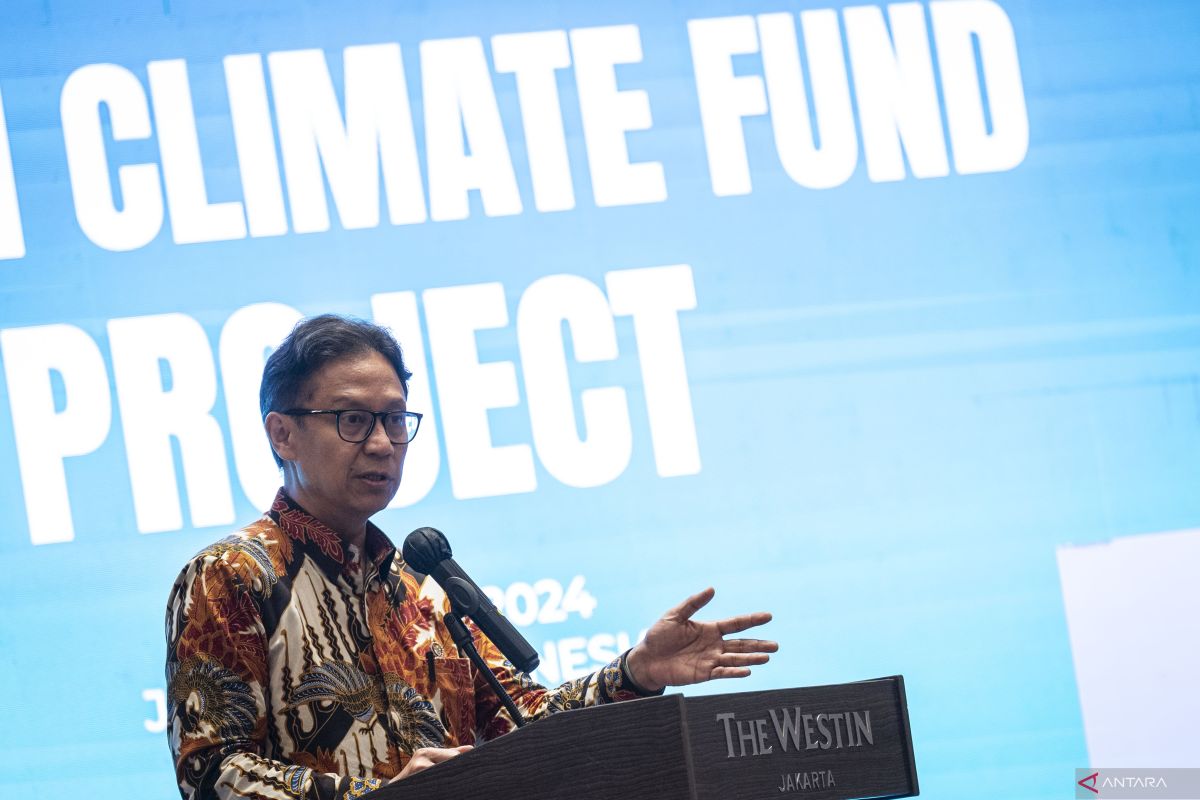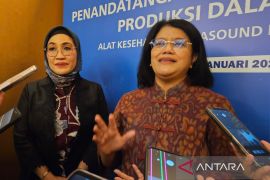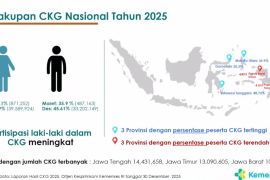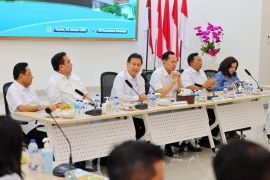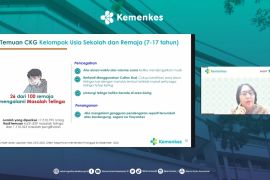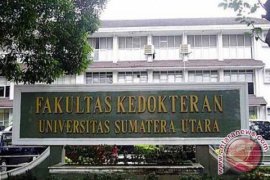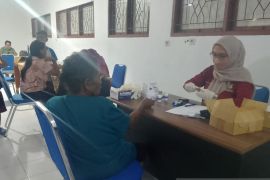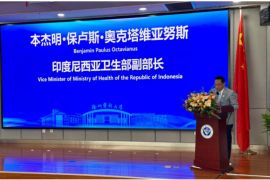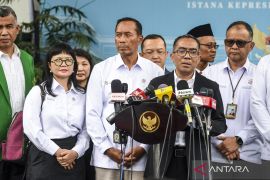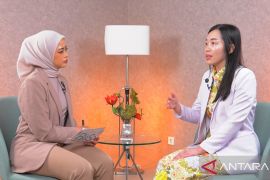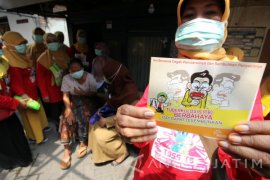He stated that climate change triggered infectious diseases as it prompted changes in the interaction between animals and humans. When the change in interaction happens too often, it could lead to a pandemic.
"For example, Asian bird flu and then COVID-19, which allegedly originated in bats," he remarked after the signing of a cooperation project with UNDP and WHO here on Monday.
He said that before zoonotic diseases jump to humans, the animals that carry them must be studied or researched, such as on their pathogens, so vaccines and medications can be developed and a way can be found to diagnose them in humans.
However, it should not be done when it infects people, as by then, it would be too late, he added.
According to Sadikin, climate change also alters animal behavior. For instance, he believes it contributes to the surge in dengue cases during El Nino events.
"El Nino, a climate change effect specific to tropical regions, might occur elsewhere in the future. Similarly, dengue cases, currently limited to Brazil, Indonesia, and Africa, could potentially spread to northern areas," he noted.
He highlighted skin cancer as another example of a disease linked to climate change. The thinning ozone layer caused by climate change allows for more intense solar radiation, increasing the risk of skin cancer.
He also explained that rising sea levels due to climate change are consuming land while the global population continues to grow. This will lead to a decrease in agricultural land, posing challenges to food security.
"With a global population already at eight billion, it could reach nine or ten billion in five years. People need food, yet agricultural land is shrinking," he pointed out.
He concluded by mentioning his ministry's collaboration with global stakeholders like UNDP and WHO to prepare the health system for climate change-related health issues.
Related news: Ministry highlights need to consider children in climate action
Related news: Climate change driving up dengue infections: Ministry
Reporter: Mecca Yumna Ning Prisie
Editor: Anton Santoso
Copyright © ANTARA 2024
